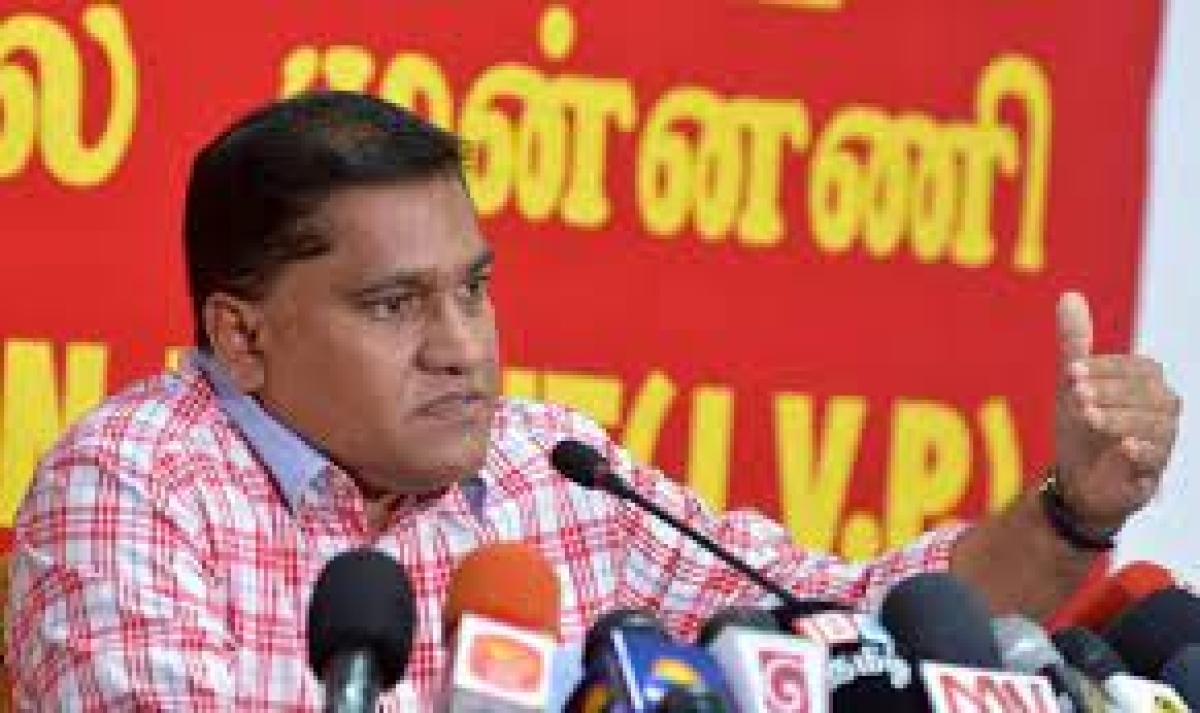National People's Power (NPP) MP Vijitha Herath exposed a costly blunder in Sri Lanka's transportation sector, shedding light on the import of 10 railway engines under the Indian credit line in 2019. Each engine, procured at a staggering cost of Rs. 760 million, now sits dormant, with five of them rendered non-operational and confined to a shed.
The crux of the issue lies in the impracticality of these imported engines, as they are deemed too heavy and long, failing to meet the operational requirements of Sri Lanka's rail network. Disturbingly, these engines, purchased without the necessary technical evaluations, weigh over 120 tonnes, breaching the country's own railroad regulations, which strictly prohibit engines of such magnitude from operating on its railroads.
MP Herath, in his damning indictment, highlighted the gross oversight in the procurement process, underscoring the absence of crucial technical assessments that could have averted this costly misstep. The revelation comes as a stark reminder of the financial implications of ill-informed decisions, especially when funded under credit lines.
Compounding the transportation woes, MP Herath brought attention to the impending budget cuts affecting the state-run CTB buses. Starting in 2024, these buses will cease operations on non-economic routes during the night, further restricting accessibility for commuters. The decision to curtail night bus services stems from budget constraints, creating a ripple effect that will undoubtedly impact citizens reliant on these services during unconventional hours.
The combined fallout of the non-operational railway engines and the night bus service cutbacks raises questions about the efficacy of decision-making processes within Sri Lanka's transportation infrastructure.










